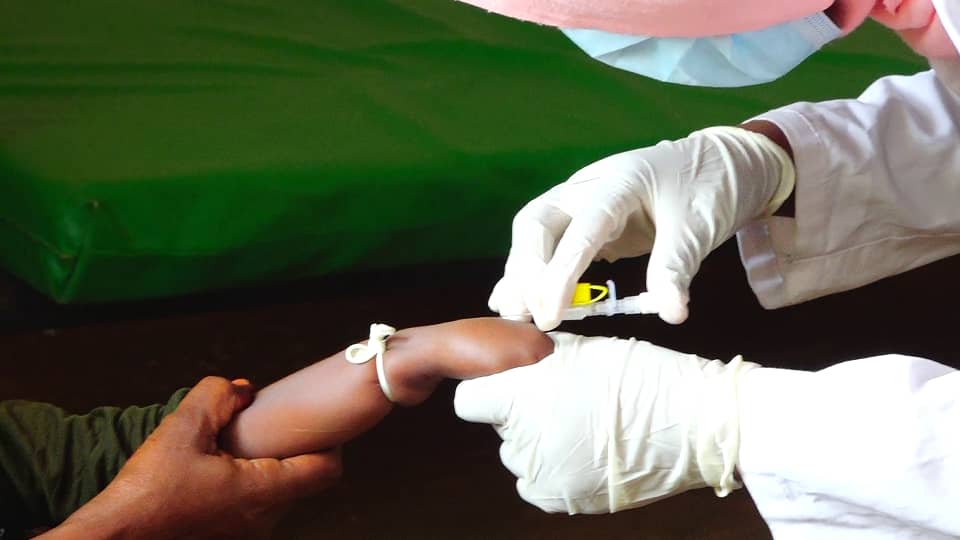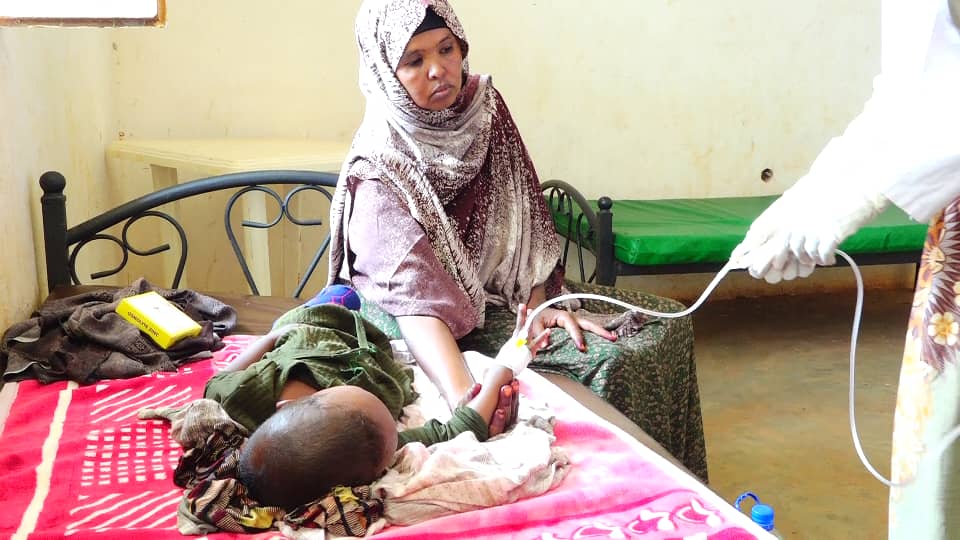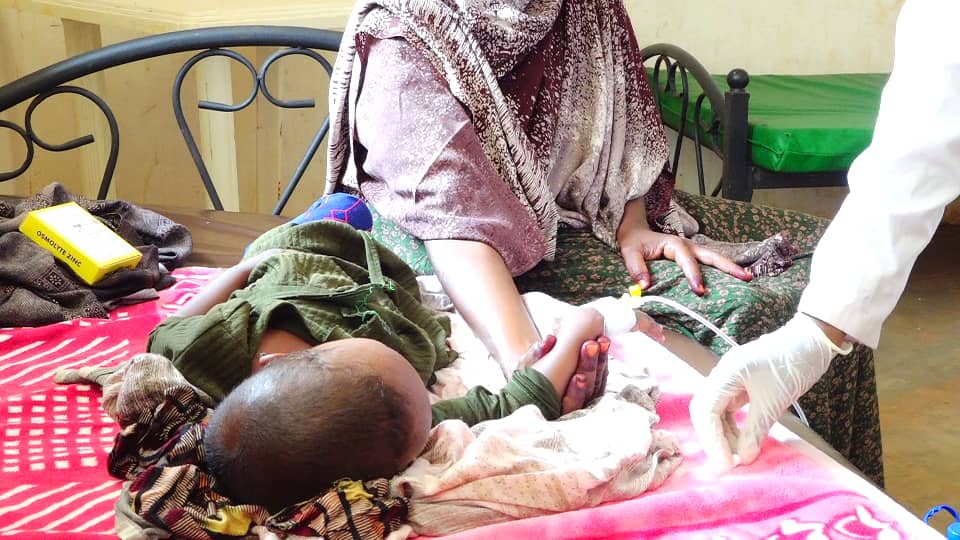On October 8, 2024, 12-year-old Hassan was playing with other children in his village when tragedy struck—a moving car hit him, leaving him severely injured. He lost consciousness instantly, and his desperate family rushed him home, helpless and unsure of what to do. For days, they watched over him, unable to access medical care.
Hassan and his family live in Yuub, a small rural area in Ethiopia’s Somali Region—an underdeveloped part of the country where healthcare access is scarce. In communities like this, people rely on traditional ways of life and struggle to meet even their most basic needs, including medical care. When urgent treatment is required, the only option is to travel to larger cities like Jigjiga. However, the cost of transportation and medical services is beyond the reach of most families, leaving them with little choice but to endure.
Yuub has a small, underfunded health center, but it lacks the resources to handle complex medical emergencies. When Hassan’s family arrived at the facility, they were told that the center was unequipped to treat his injuries. The health center has no medical doctors—only a single medical assistant with a diploma. It lacks essential departments such as radiology, emergency care, and general surgery.
The only hope for Hassan’s survival lay in transferring him to a hospital in Jigjiga. However, there was one major obstacle—transportation. The entire region has only one ambulance, which operates on a first-come, first-served basis for those who can afford to rent it. Since it is privately owned, most families in Yuub cannot afford the cost. To make matters worse, the journey from Yuub to Jigjiga takes over eight hours, delaying access to crucial treatment. The nearest district hospital, Weardheer, is 54 km (34.8 miles) away, but it, too, lacks the capacity to handle severe trauma cases.
At the health center, Hassan’s family was informed that his life was at great risk. Without immediate medical attention, his condition could deteriorate, possibly becoming fatal. Having already lost loved ones to similar circumstances, his family was determined to find a way to save him. Thankfully, they were able to reach out to relatives living abroad, who provided financial assistance to cover the ambulance costs.
When Hassan finally arrived at the hospital in Jigjiga, he was in critical condition, suffering from multiple head injuries and internal bleeding. He remained hospitalized for nearly a month, receiving intensive care to stabilize his condition. Today, he is recovering with his family and doing relatively well.
Hassan’s story is not unique. Countless individuals in underserved areas face life-threatening delays and struggles due to a lack of healthcare access. This reality is why H.E.R.D.S. ( Health Education Relief & Development Service) is committed to making a difference in Yuub and surrounding communities. Our mission is to improve healthcare access and outcomes for communities like Yuub by building a fully functional clinic that provides timely, quality care to those in need. We aim to replace the current inadequate healthcare system with one that ensures quality medical services and enhances community well-being. However, we cannot do this alone.
With your support, we can ensure that no one in Yuub—especially children like Hassan—has to suffer due to the absence of medical care. Together, we can build a healthier future for this community.
Written by Nafis Yussuf



